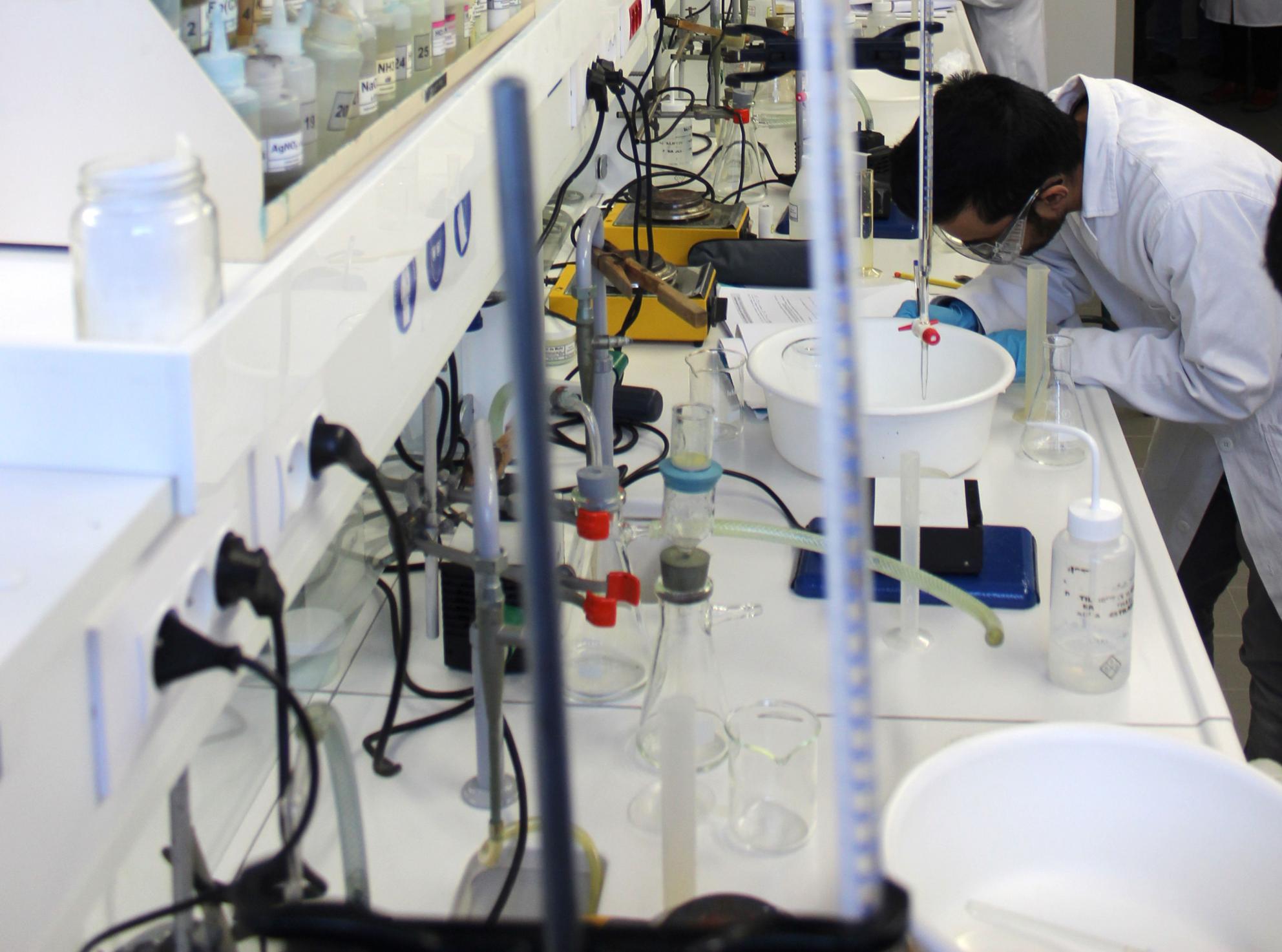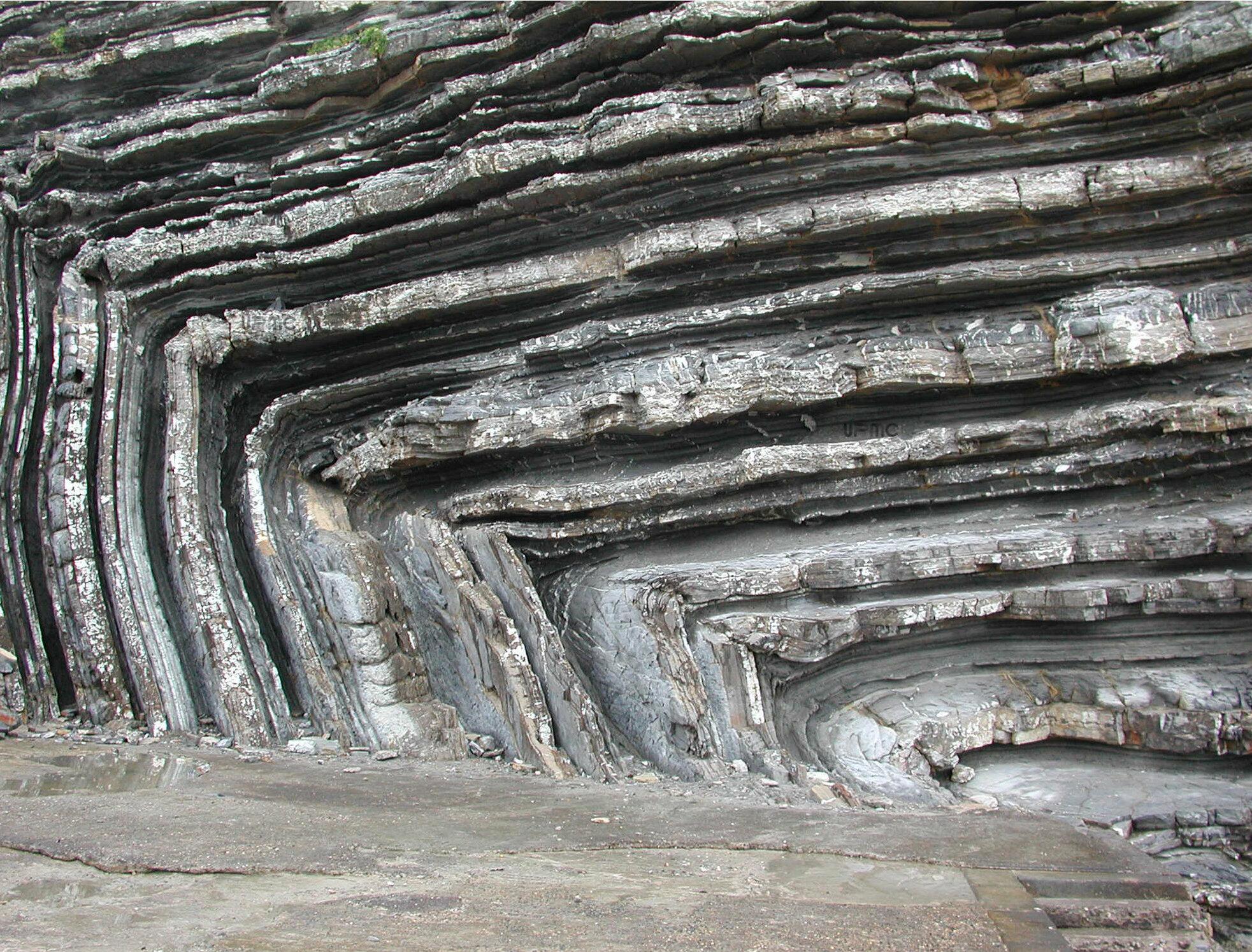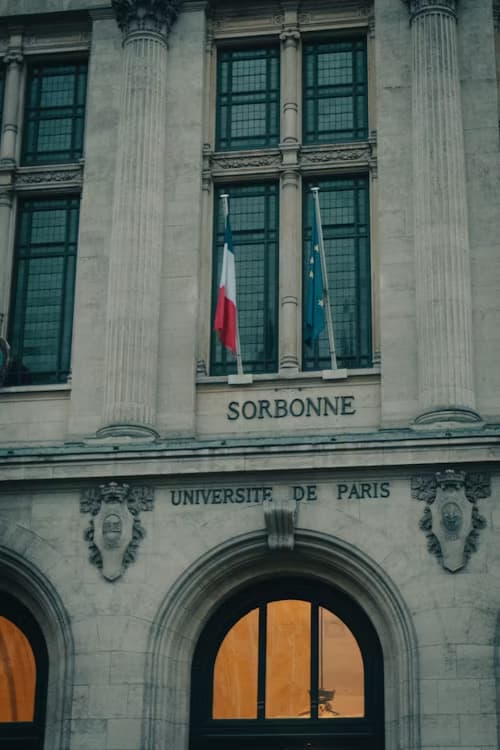
Sorbonne University
France
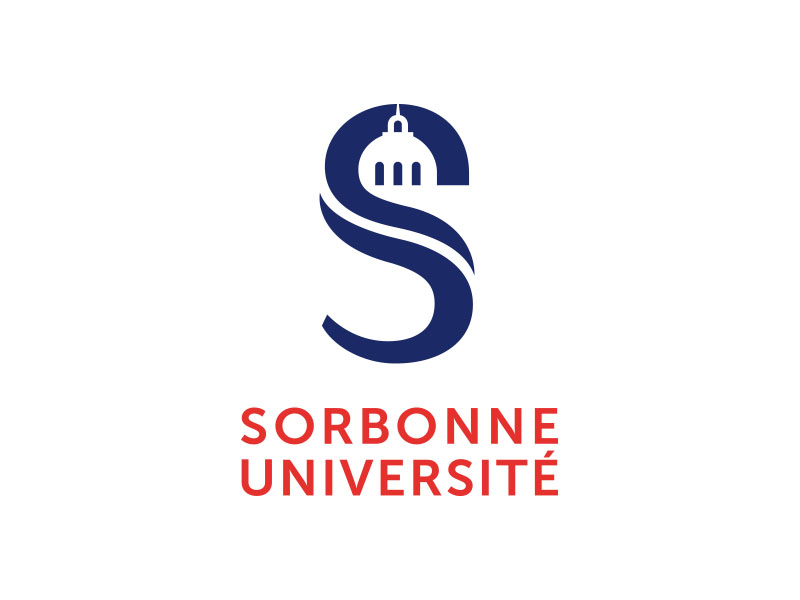
Sorbonne University
The University of Paris was born at the very beginning of the 13th century with the emergence of the corporation of Parisian masters and students ( universitas magistrorum et scholarium Parisiensis ) which came to compete with the teaching provided in the schools of the cloister of Notre-Dame de Paris, on the Île de la Cité. This first "university" adopted its own regulations and statutes, was structured into four faculties (liberal arts, law, medicine and theology) and, although it did not really have its own buildings, took root on the left bank of the Seine.
To accommodate the students who flocked from all over Europe and grouped into "nations," numerous colleges were created on the slopes of the Montagne Sainte-Geneviève. The one founded by the master of theology Robert de Sorbon, recognized by the royal power in 1257, became the main location of the Faculty of Theology. The "Sorbonne" college acquired considerable renown, contributing to the European influence of the University of Paris. The teaching facilities linked to the various other faculties were dispersed throughout the same district, as the number of colleges multiplied, a movement that continued until the 17th century, when libraries and lecture halls were created.
The 17th century marked an important stage in the material history of the Sorbonne: having become headmaster of the Collège de Sorbonne in 1622, Cardinal Richelieu commissioned the architect Jacques Lemercier to renovate and reunite all the disparate buildings that then made up the college. A Baroque-inspired domed chapel (1635-1642) was notably created in the heart of the renovated Sorbonne. Although, in the second half of the 18th century, the University established its headquarters in the premises of the Collège Louis-le-Grand, left unoccupied by the expulsion of the Jesuits in 1762, no major project had yet revolutionized the place occupied by the various faculties in the Latin Quarter.
Features
The specialization of teaching, through the creation of dedicated chairs, contributes to the development of new disciplines and new fields of research and experimentation.
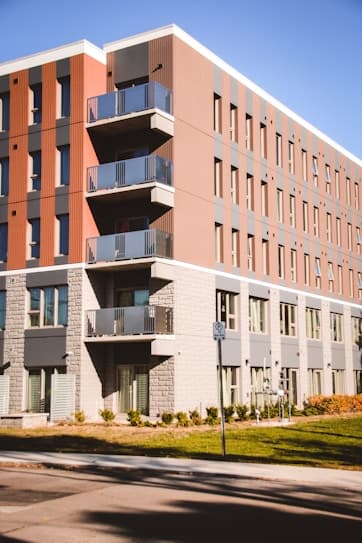
Accommodation
Accommodation service is available\n

Work While Studying
Students can work while studying\n

Co-op/Internship Participation
There is an internship service\n
Featured Programmes
Average Time To Receive Acceptance Letter
October - June
Location
21 rue de l’École de médecine, 75006 Paris
Map not found.
Uni4Edu AI Assistant
